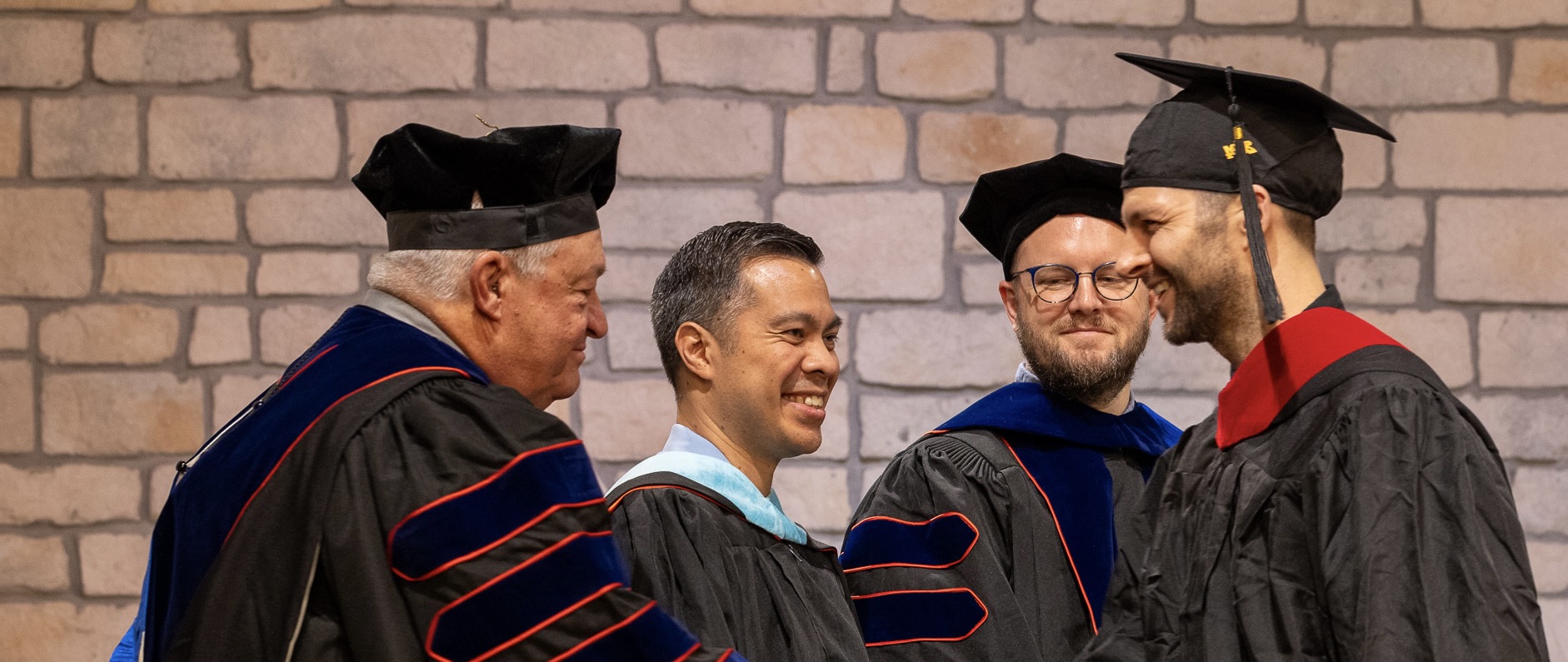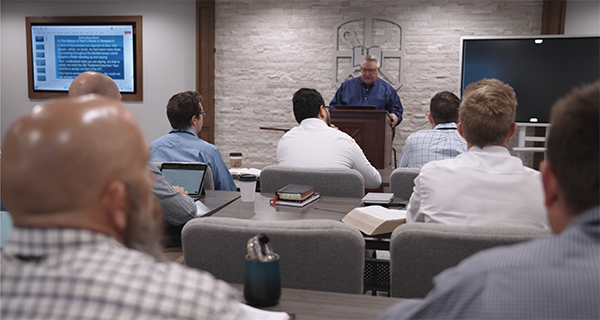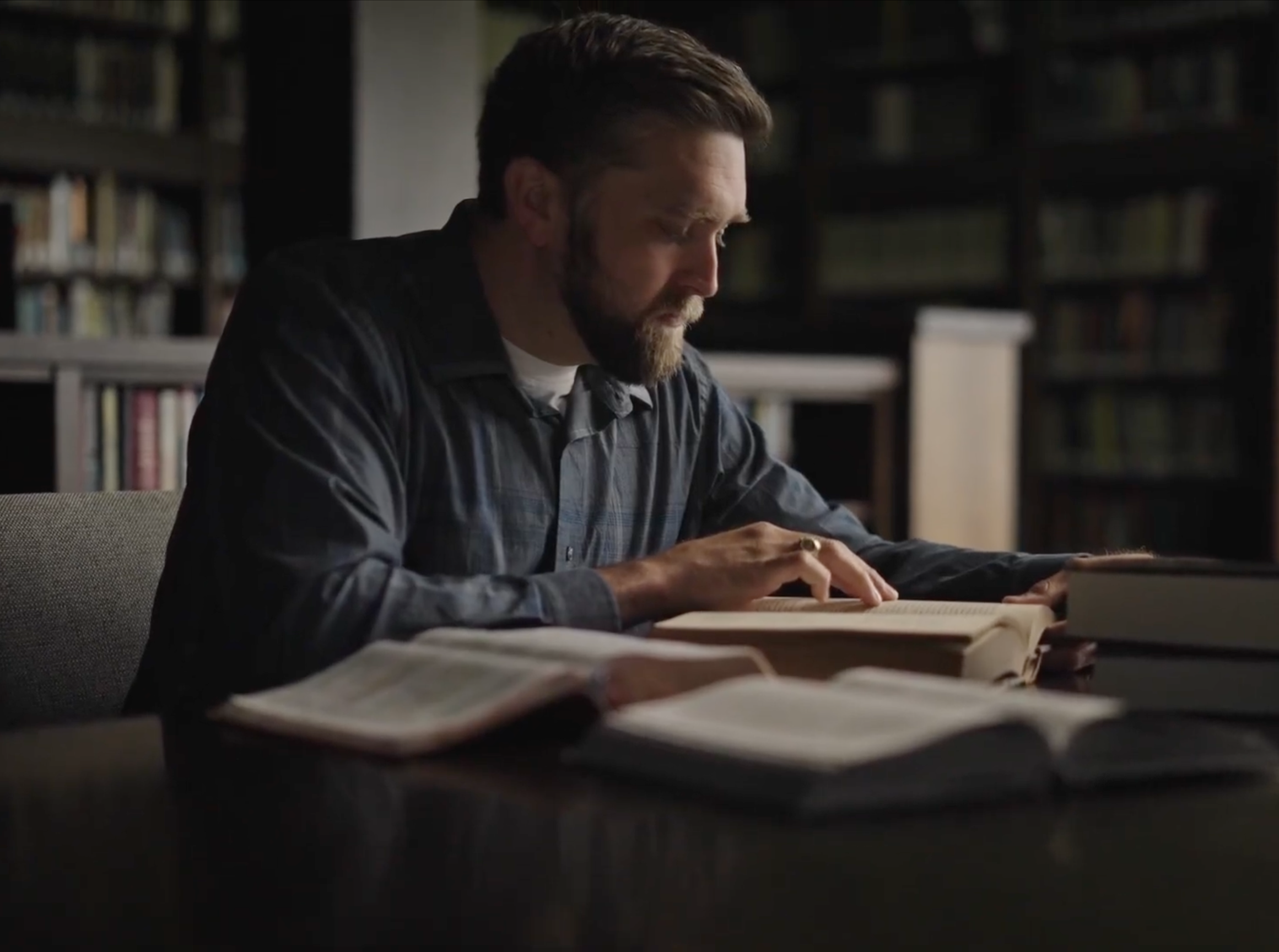Sharpened for a Lifetime of Faithful Ministry
Theological Training That Is...
Biblical
The Holy Scriptures will shape your preaching, teaching, counseling, and leadership, rooting your ministry in God’s unchanging truth.
Confessional
CBTS fully subscribes to the 1689 London Baptist Confession, one of the clearest, most comprehensive, and time-tested summaries of biblical truth.
Pastoral
A pastoral heart is vital to a student’s ministry preparation. Students receive pastoral mentoring, and our professors all have real pastoral experience.
Church-Centered
Your training at CBTS doesn’t pull you out of your church, but keeps you anchored in it to nurture and mentor you for your future ministry.

Serving Students and Local Churches
We offer rigorous, affordable, and accessible theological education designed for real-life ministry. Our approach provides flexible learning for busy students, keeps training financially affordable, maintains trusted academic standards, and makes high-quality instruction available to students around the world.
Flexible Learning
Made for students balancing work and family responsibilities, CBTS offers a unique, flexible learning program that you can complete anytime from anywhere.
Graduate Debt-Free
CBTS is priced so that students don’t take on debt or place financial strain on their families. Our generous supporters help us to provide low-cost, high-value education.
Accredited
Committed to continuous advancement in academic excellence, CBTS is accredited by the Association of Reformed Theological Seminaries (ARTS).
Global Reach
Students can pursue a degree at CBTS from anywhere around the globe. Wherever you are, our training is available to you.
Learn from Trusted Faculty
You’ll be learning from men who understand ministry not just theoretically, but practically—men who have shepherded congregations and carry the weight of pastoral responsibility with grace and faithfulness.

Flexible Learning Options
CBTS combines the best of the in-person classroom experience with the flexibility of taking courses online. You can enroll in courses at any time, from anywhere, and take as many courses as you like, allowing you to prepare for ministry while remaining in your own local church.



Are You Ready to Train for Gospel Ministry?
FAQs
Online application → official transcript → pastoral recommendation (if required) → online interview → admission decision.
Yes. Since 2019, CBTS has been an accredited member of the Association of Reformed Theological Seminaries (ARTS), recognized by the Council for Higher Education Accreditation (CHEA). ARTS accreditation assures that CBTS meets rigorous academic and theological standards. Credits are usually transferable among accredited evangelical institutions.
Tuition: $100 per credit hour. ThM: $200/hour.
Semester Enrollment Fee: $450 each January & August
Application Fee: $100 (one‑time)
Graduation Fee: $250
Auditing: Free onsite evening classes; $20 per online course
Our rolling enrollment system means you can apply and start learning at any time. Aim to submit your application, transcripts, and interview materials at least a month before you wish to start.
Yes. In our payment portal, you can choose to pay for your classes and/or semester fee in 5 installments.
Still have questions?
Let us know how we can help.






